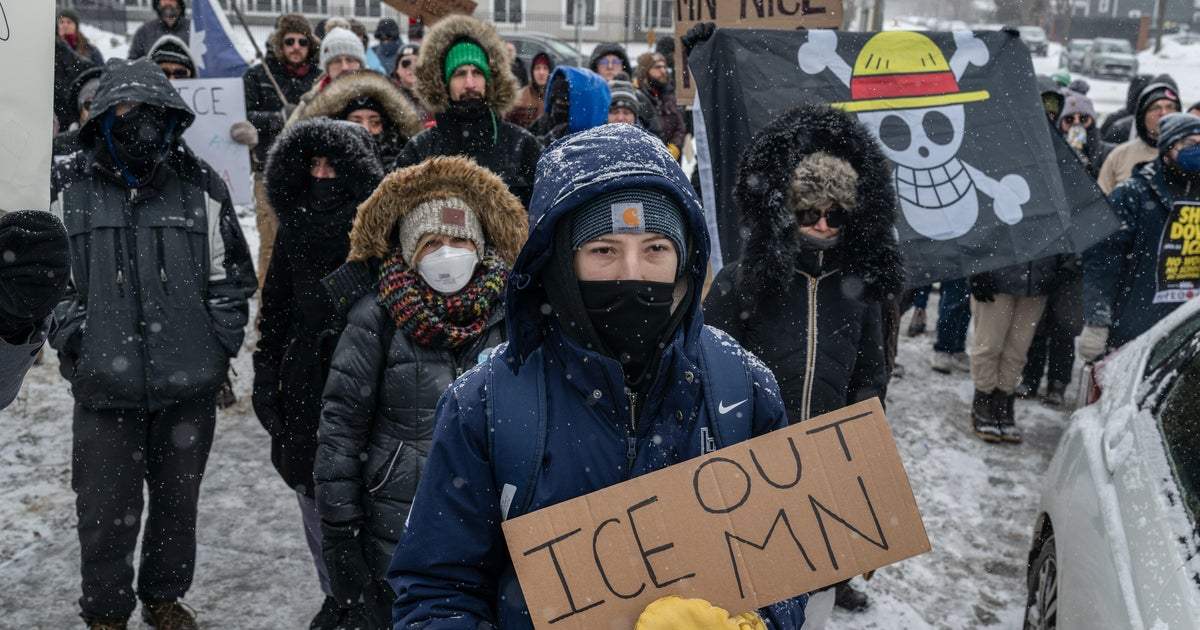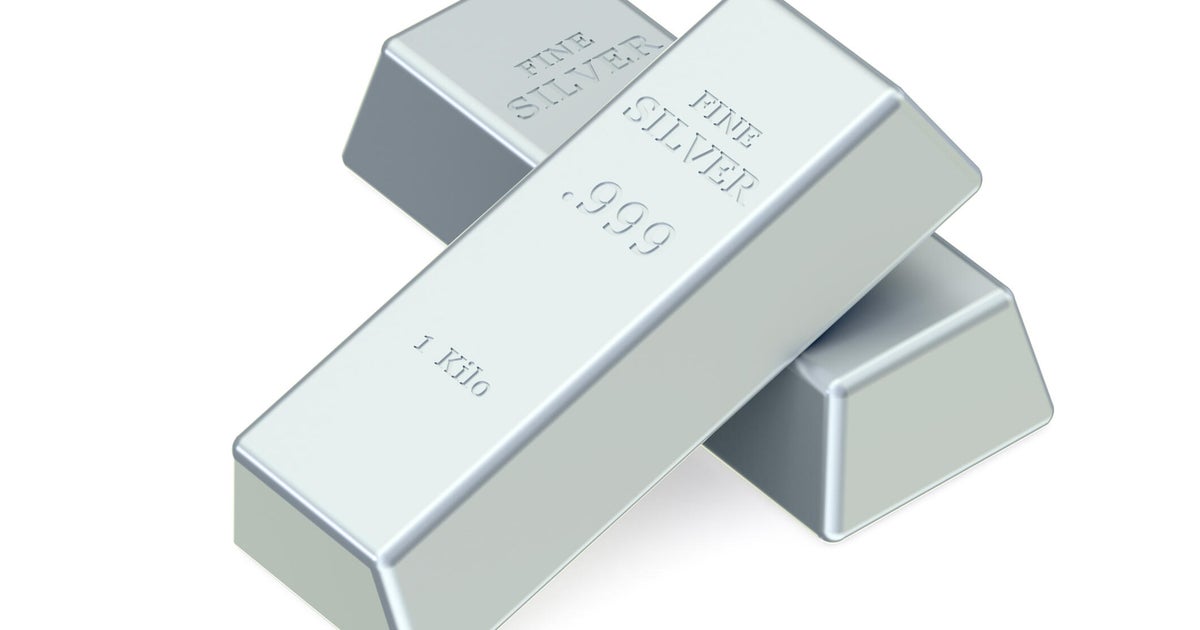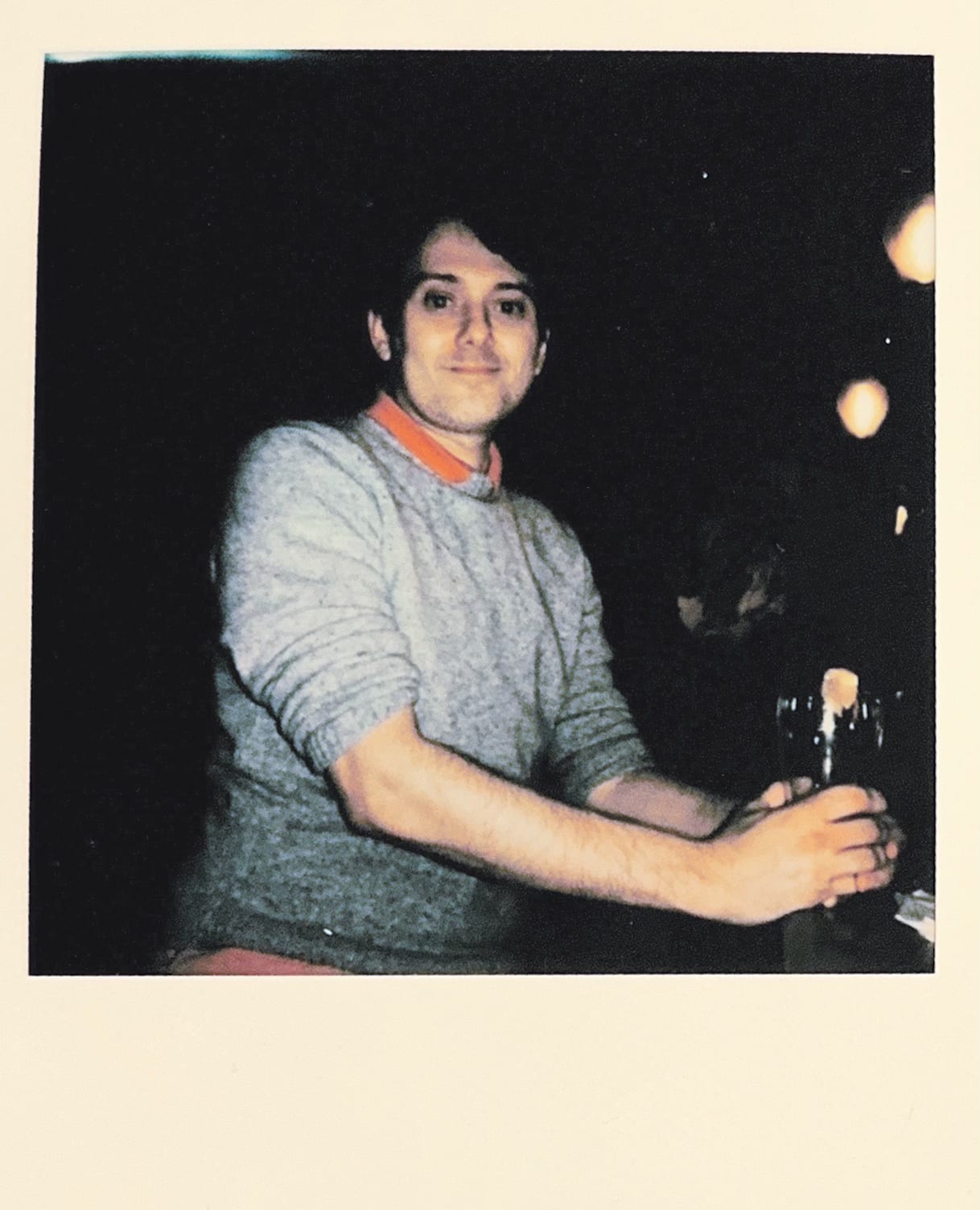Opioid claims tarnish Johnson & Johnson' family-friendly image
- Consumer-products company Johnson & Johnson faces huge legal claims over talc-based products and the opioid crisis.
- One brand expert says the company that has crafted a family-friendly image may suffer reputational damage.
- Unlike two drugmakers, J&J isn't interested in settling claims that it played a role in creating a national opioid epidemic.
Known for infant shampoo and other family-friendly products, Johnson & Johnson has a lesser-known pharmaceutical division, Janssen Pharmaceuticals, that's currently garnering unflattering national attention in Oklahoma. While the consumer-products manufacturer disputes claims that it's among the corporations that played a key role in the nation's ongoing opioid epidemic, the accusations threaten to tarnish J&J's 124-year-old brand, if not mess with its stock price and balance sheet.
J&J's carefully crafted reputation may now be in jeopardy as the company fends off lawsuits connecting its products to cancer and fatal opioid addictions, according to brand expert Eric Schiffer. "We're seeing a pattern that's very concerning and causes them to fall into some of the stereotypes the public has about a greedy corporation," said Schiffer. He's chairman of Reputation Management Consultants, which counts Bayer among its clients. Until recent events, J&J had done "a fairly masterful job of presenting an image that evokes childhood and babies," he added.
Those events include a judge in Norman, Oklahoma, hearing the state's request for billions to compensate for damages caused by the deaths of more than 4,000 state residents from opioid abuse over the past 20 years. "J&J acted as the kingpin behind this public health emergency, profiting at every stage," declared the lawsuit filed against the company by Oklahoma Attorney General Mike Hunter.
J&J contends that it held only a small part of the opioid market in Oklahoma and that it's being blamed for others' bad behavior. "Janssen never manufactured, sold or marketed oxycodone or hydrocodone medications," John Sparks, Oklahoma counsel for Janssen and J&J, said in an emailed statement. "The government continues to focus on these other products and not on whether the company's products are a cause of this crisis. The medicines we did manufacture had a minuscule market share in Oklahoma."
Battle lines drawn
J&J is opting to battle it out in court rather than reach settlements with the state, as did two others -- Purdue Pharma for $270 million in March and more recently Teva Pharmaceuticals Industries for $85 million. J&J is charged under the state's public nuisance law in the first civil case to go on trial of the more than 1,900 filed against drugmakers and distributors.
J&J's pharmaceutical unit, Janssen, in an email dismissed the allegations against it as "baseless and unsubstantiated," while defending its marketing and promotion of its prescription pain medications as "appropriate and responsible." Since 2008, its opioid medications have accounted for less than 1% of the U.S. market, a spokesperson added.
The decision not to settle shows J&J's "conviction as well as it inability to settle without exposing itself to similar claims," Cowen Equity Research analysts Joshua Jennings and Harris Iqbal wrote in a client note.
As J&J tries to fend off Oklahoma's allegations that it used deceptive marketing to help fuel widespread abuse of overprescribed opioids, it's already embroiled in fighting more than 14,000 claims linking its baby powder and former Shower-to-Shower product to ovarian cancer and another cancer linked to asbestos. J&J denies its products ever contained the carcinogen, and it plans to appeal a recent jury award of $325 million to a woman who blamed daily use of J&J's products for her asbestos-related cancer.
"Significant damages"
A judgement against J&J in any of the suits could result in "large monetary penalties and significant damages," the company said in its latest quarterly report. Still, J&J doesn't expect the legal proceedings to have a material adverse effect on its financial position, although operations and cash flows in certain quarters could see a negative impact, according to the regulatory filing.
Asked about the potential litigation fallout from opioids at a Sanford Bernstein conference last week, J&J chief executive Alex Gorsky deflected the question, saying the company had "acted in a responsible and appropriate manner." Noting a substantial percentage of product liability cases are now in health care, he said J&J has "a track record and a history of managing these things in the right way for our stakeholders over the long-term."
The company reiterated his comments in its own statement.
Early innings
The headlines have led J&J's stock to take short-term hits, including a loss of $20 billion in market value last Wednesday, the second day of the Oklahoma trial, which is expected to continue for several more weeks. But its shares are up slightly year-to-date, giving it a stock market value of $350 billion and leaving Wall Street analysts generally upbeat about the company, which reported $81.6 billion in sales last year.
"Litigation is common in health care, taking significant time, usually with multiple appeals, and frequently the headlines are worse than the reality," said BMO Capital Markets analyst Joanne Wuensch.
The lawsuits so far haven't reached the level of jeopardizing J&J's strong financial footing. The company held more than $15 billion in excess cash as of March 31, helping give it "a lot of flexibility to withstand litigation," Moody's analyst Michael Levesque told CBS MoneyWatch.
That said, the process is still in the early innings, Levesque cautioned. "It's premature to make any reliable estimate, starting with talc[litigation] that's at the very early stages, where not many cases have gone through the trial process with an outcome." The opioid cases are just getting started with the trial in Oklahoma. But the "unprecedented nature of the allegations" there add an extra layer of uncertainty about eventual outcomes, he said.
Solid financial footing aside, J&J is still in for a rough ride, given the potential damage to its reputation, according to Schiffer, the crisis management expert. "Some of their past decisions are going to haunt them through the next year and longer, and cause great volatility with their valuation and stock," he said. "The last thing you want to be known for as a provider of pharmaceuticals and medical solutions is that you can't be trusted."





